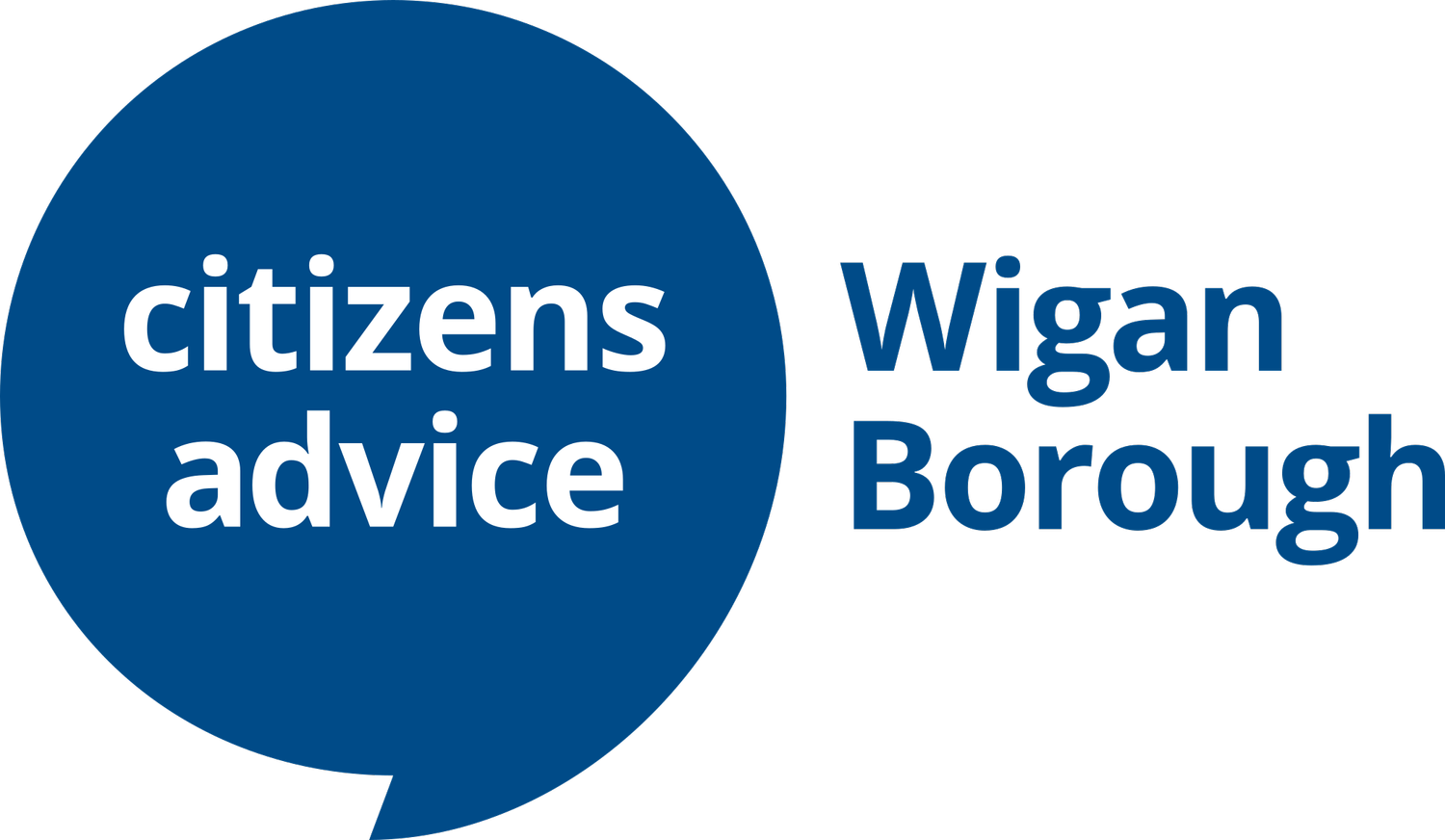Renting rights - what you need to know
*PLEASE BE AWARE THIS IS AN OLDER POST AND THERE MAY BE A MORE UP TO DATE POST, OR UPDATED INFORMATION AVAILABLE ON https://www.citizensadvice.org.uk/ *
When renting a property, whether that be as a student or private renter, it’s inevitable you will run into an issue or two. That’s why it’s important to understand your contract, and understand what responsibilities belong to you, and what responsibilities fall on your landlord.
Understand your contract
There are different types of rental contracts you could have. The most common type is an assured shorthold tenancy. These are commonly joint tenancy agreements, where every person in the rented property is responsible for any rent arrears or damage, no matter if it is the fault of one individual. This is something you should keep in mind when moving into a rented property with others, particularly if you’re a student. The alternative to this is an individual tenancy agreement, where your contract is only for the room you occupy.
Student’s in university halls are known as an ‘occupier with basic protection’, and it’s important you still know what your rights and responsibilities are. Find out about them here.
Tenancy deposits
Your tenancy deposit is something you will pay to your landlord or letting agent prior to renting the property. This is usually around 4 or 5 weeks’ worth of rent, and it is illegal for your landlord to make you pay a deposit of more than 5 weeks of rent.
It is also illegal for your landlord to not protect your deposit through a tenancy deposit scheme (TDS) if you have an assured shorthold tenancy. A tenancy deposit scheme means that your deposit is kept safe and you get back what you’re owed at the end of the tenancy.
Your deposit should be protected through one of three scheme providers: Deposit Protection Service, My Deposits, or Tenancy Deposit Scheme. You can find out if your deposit is protected by entering your details on these websites.
Dealing with repairs
As a private renter, your landlord is responsible for the majority of major repairs in the property. This can include: issues with pipes or wires; with the boiler; or issues with baths, sink and toilets. Minor issues, such as fuses and light bulbs, are your responsibility. It is also your responsibility to fix anything you have damaged. Find out more about what specific repairs are your landlord’s or your responsibility here.
If you have an issue with damp, things can become more tricky. Who is responsible for the damp depends on what kind of damp it is. Find out more about the different types of damp here.
If you need help or advice about an housing issue, get in touch with our team today - call us free on 0808 2787 801, or complete the contact form on our website to speak to one of our advisers.
